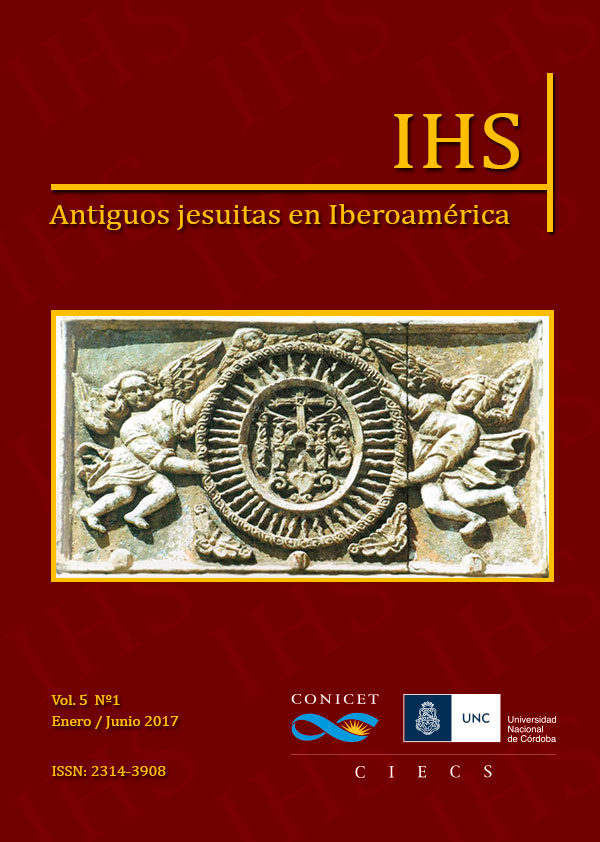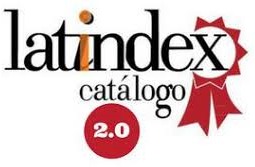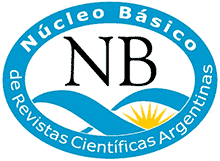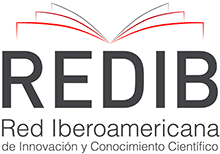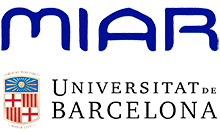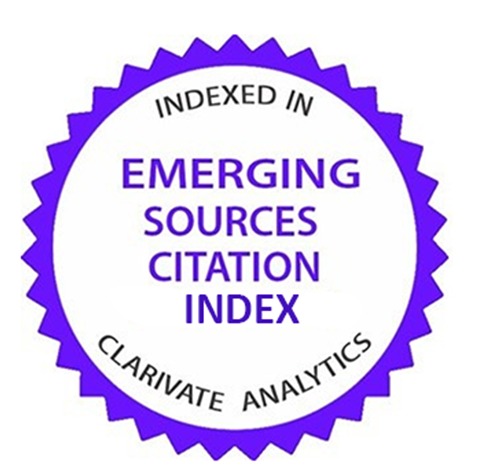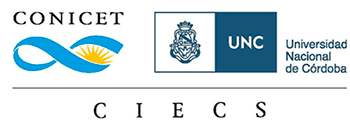The school San Francisco Javier de Mérida, educational model for a small colonial city
DOI:
https://doi.org/10.31057/2314.3908.v5.n1.17655Keywords:
Paideia, Ratio Studiorum, Indian school, school organizationAbstract
The article consists of two fundamental parts. The first is an introduction to the so-called Jesuit paideia: "integral formation". The code by which all educational institutions were governed was called Ratio Studiorum, that is to say, an efficient, well structured, careful method of the mechanisms of acquisition of knowledge, adapted to the necessities of his time. Therefore, they understood that the commitment to "the common good" should be an expression of culture, civility, civility, conversation and, ultimately, the design of an honest man. The second part studies the school San Francis-co Javier de Merida (Venezuela), archetype of the "Indian school" that constitutes a revolutionary experience because it provided the minimum experience required to the youths that rose far from the centers of power in cities with lower demography To the 500 inhabitants. It was a totally free and public education and also guaranteed the en-trance to the university and the correct development in society. The structure of the "In-dian college" usually rested on four people. The Rector, responsible local of the school life that he presided over. The grammar teacher who attended permanently the march of the classrooms. The public prosecutor of the school that would acquire exorbitant di-mensions by the capitals and risks that had to run to generate the products and later to market them. And the Prefect of the Church, responsible for the promotion of ministries aimed at the practice of the Christian virtues not only of the students but also of the pa-rishioners who came to the Jesuit temple. After dedicating an analysis of what the teacher should be, we study in detail the pensum, the texts used, the entrance and pro-motion of the students, the school calendar, the compositions, the public events, the theater and the Academy.Downloads
Published
2017-03-28
Issue
Section
Artículos
License
Los autores/as que publiquen en esta revista aceptan las siguientes condiciones:
- Los autores/as conservan los derechos de autor y ceden a la revista el derecho de la primera publicación, con el trabajo registrado con la licencia Atribución - NoComercial - CompartirIgual de Creative Commons que permite a terceros compartir (copiar y redistribuir el material en cualquier medio o formato) y adaptar (remezclar, transformar y construir a partir del material) bajo los siguientes términos: Atribución — se debe dar crédito de manera adecuada, brindar un enlace a la licencia, e indicar si se han realizado cambios. Puede hacerlo en cualquier forma razonable, pero no de forma tal que sugiera que usted o su uso tienen el apoyo de la licenciante. NoComercial — no se puede hacer uso del material con propósitos comerciales. CompartirIgual — si remezcla, transforma o crea a partir del material, se debe distribuir su contribución bajo la la misma licencia del original. Los autores/as pueden realizar otros acuerdos contractuales independientes y adicionales para la distribución no exclusiva de la versión del artículo publicado en esta revista (p. ej., incluirlo en un repositorio institucional o publicarlo en un libro) siempre que indiquen claramente que el trabajo se publicó por primera vez en esta revista.
- Se permite y recomienda a los autores/as a publicar su trabajo en Internet (por ejemplo en páginas institucionales o personales) antes y durante el proceso de revisión y publicación, ya que puede conducir a intercambios productivos y a una mayor y más rápida difusión del trabajo publicado (vea The Effect of Open Access).
How to Cite
The school San Francisco Javier de Mérida, educational model for a small colonial city. (2017). Antiguos Jesuitas En Iberoamérica, 5(1), 111-162. https://doi.org/10.31057/2314.3908.v5.n1.17655

